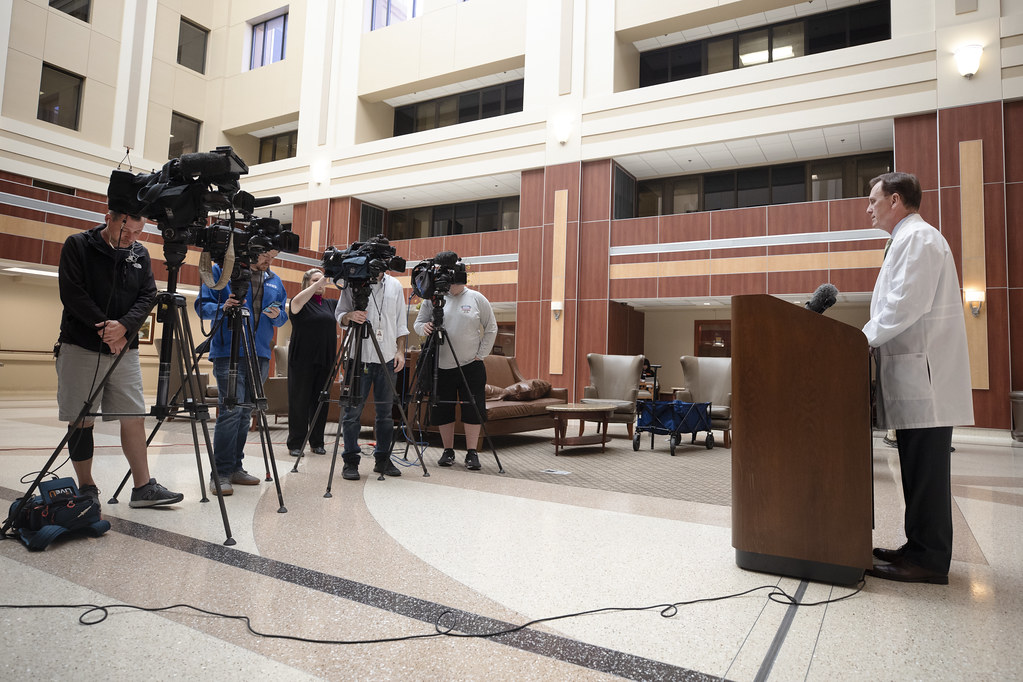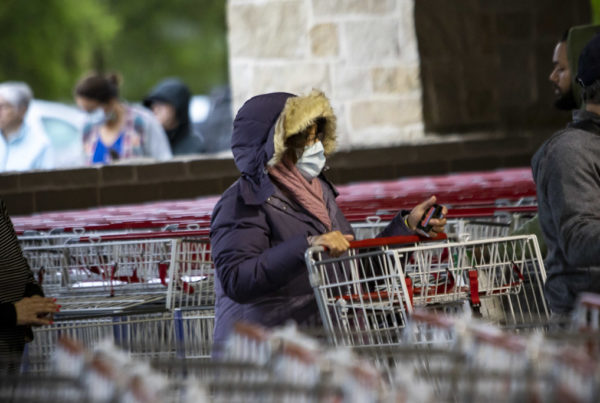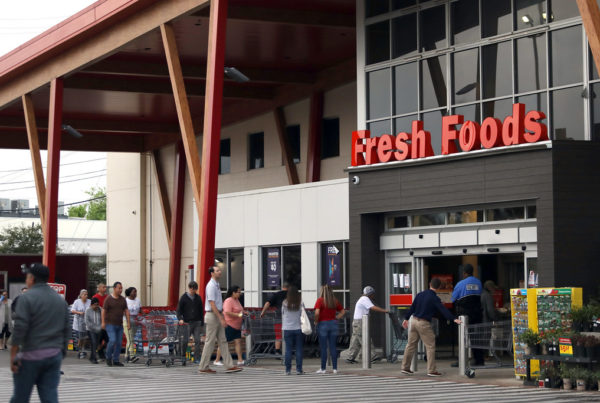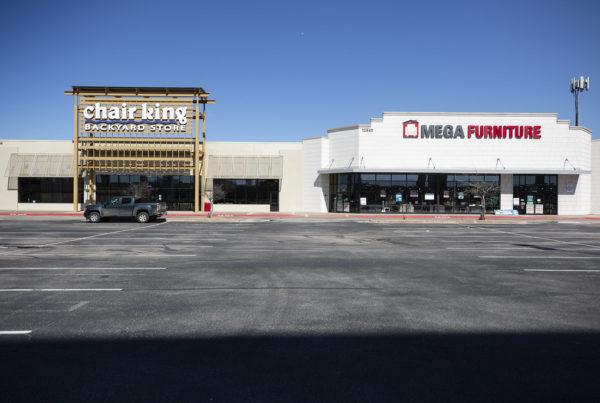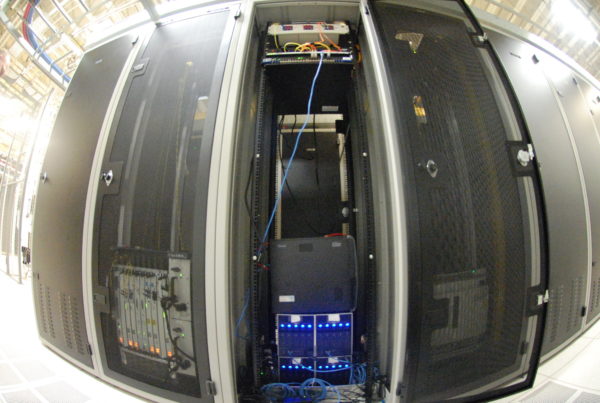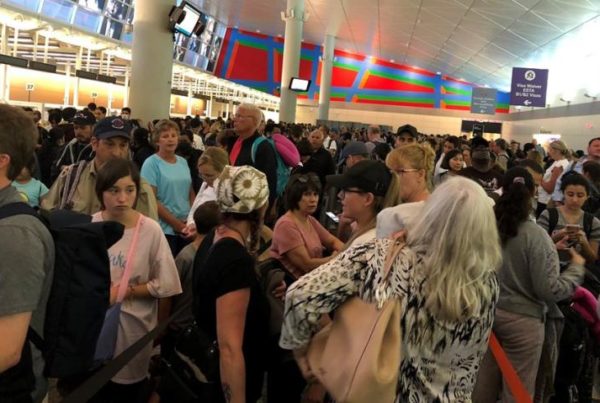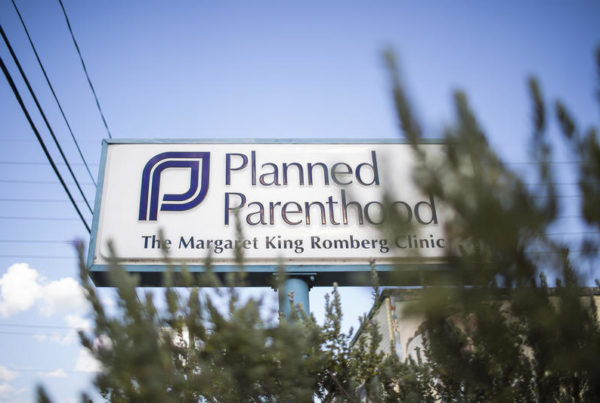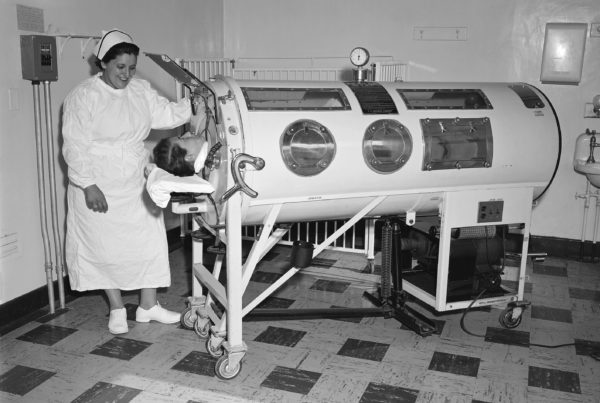In Texas, more than 400,000 health care professionals work in hospitals that are on the front lines of battle against the COVID-19 pandemic.
The Texas Hospital Association represents a majority of the hospitals that employ those workers. Carrie Kroll is the association’s vice president of advocacy, quality and public health. She says her concern right now is twofold: that hospitals aren’t overwhelmed by COVID-19 cases and that hospitals – especially rural ones – don’t go out of business under the state’s order to temporarily stop elective surgeries. Kroll says those procedures are bread and butter for many rural facilities.
“From a hospital-may-shut-down perspective, I think that’s the biggest concern immediately,” Kroll says.
When it comes to treating COVID-19 cases, Kroll says Texas has 40,000 “staffed beds,” which are those that include care from a health care worker. Some hospitals are now adding beds to normally single hospital rooms to prepare for a potential wave of patients. Kroll says temporary regulatory waivers allowed that to happen. According to some estimates, 40% of the U.S. public could become infected with the new coronavirus. If that rate bears out in Texas, that would mean almost 11.5 million people here could get COVID-19.
While Texas is short of the medical equipment necessary to treat COVID-19 patients, Kroll says that’s starting to change. Hospitals are ordering more ventilators and other equipment, and Texas Gov. Greg Abbott’s coronavirus Supply Chain Strike Force is empowering people not normally in the health care realm to help figure out how to increase manufacturing and distribution of needed equipment.
“We are hopeful that those will continue to come online,” Kroll says.
Something with which Texas hospitals are well equipped are emergency procedures. Kroll says they have a lot of practice developing plans for emergency situations. Now, the goal, she says, is to communicate those plans to the public.
“Making smart choices, staying at home, checking if we need to visit a relative in the hospital, checking what that policy is so that we know in advance of showing up, making sure that we aren’t wasting masks,” Kroll says.
Kroll says all of this helps health care workers better do their job fighting the pandemic.
Written by Caroline Covington.


